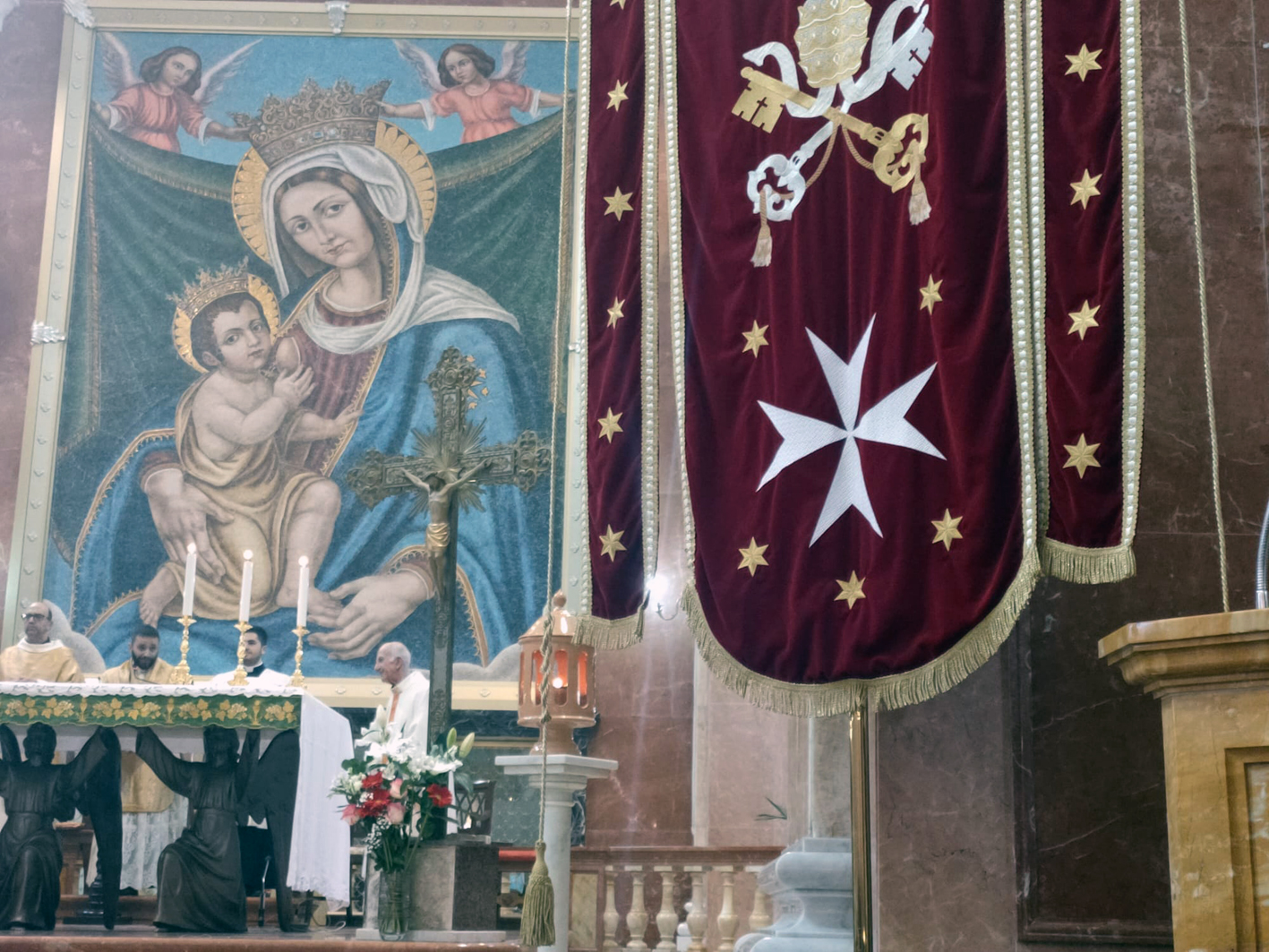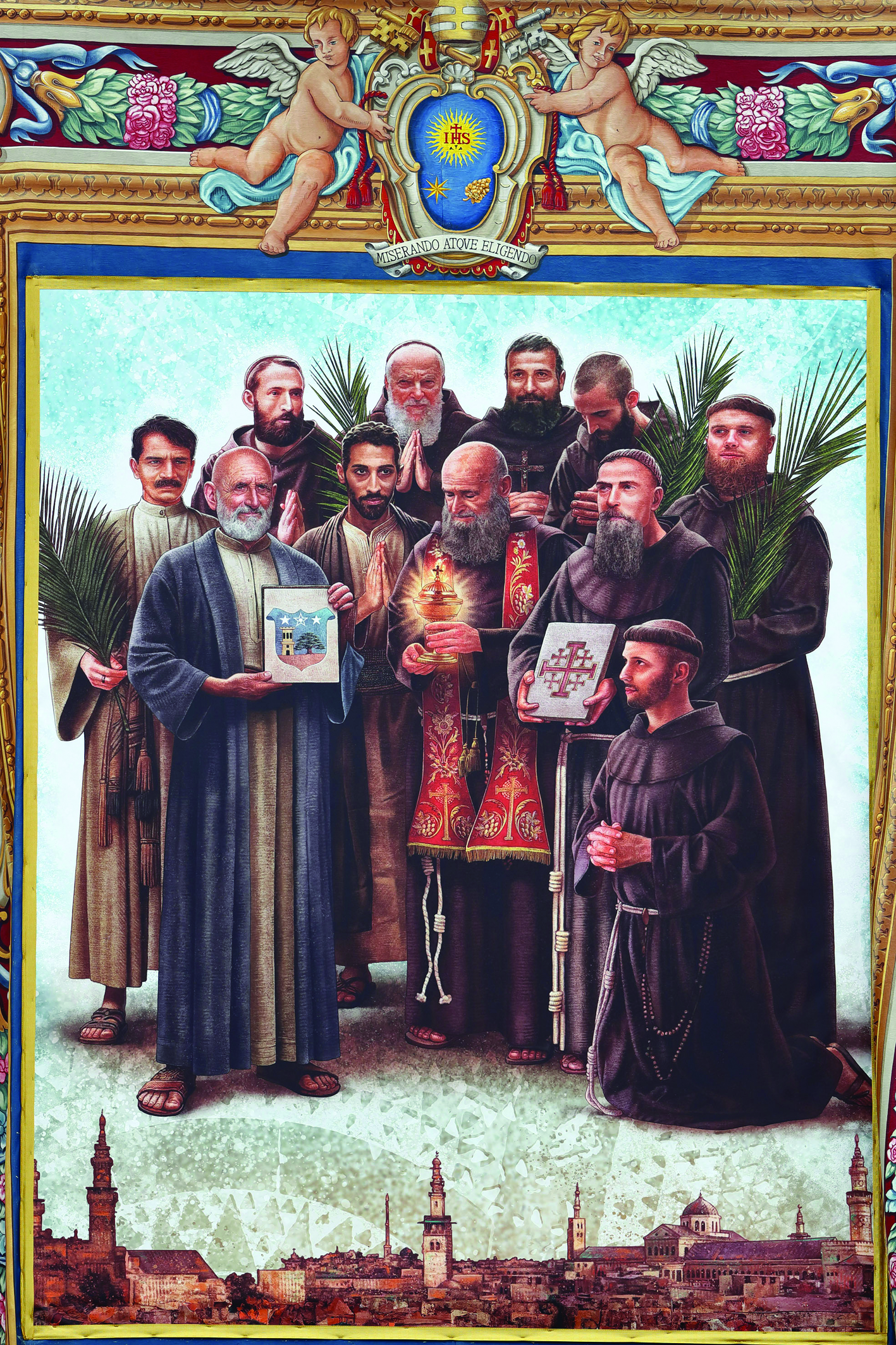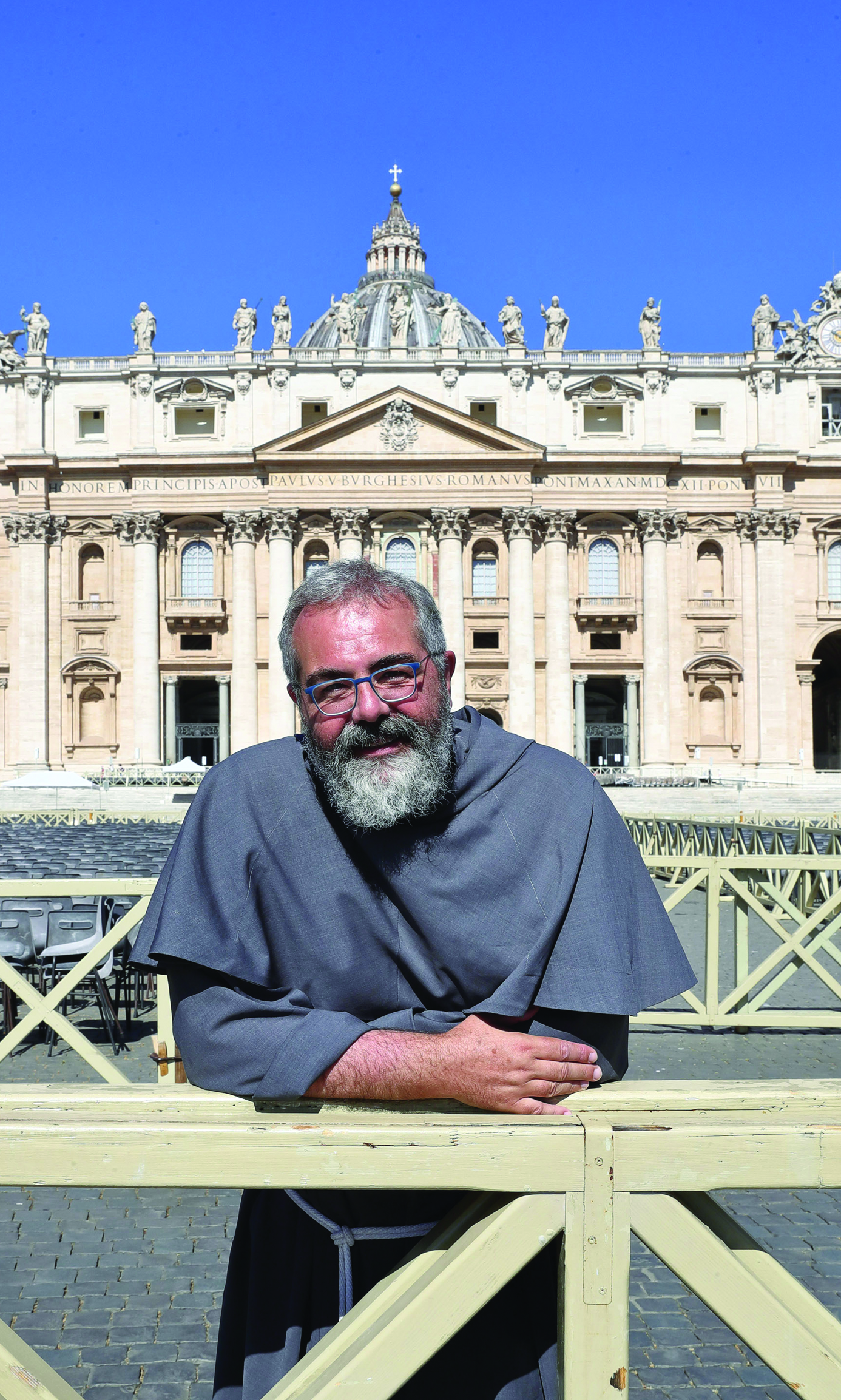Since being named archbishop of Buenos Aires, Argentina, in March, Cardinal-designate Mario Aurelio Poli, 66, has had some similarities to his predecessor, Pope Francis, in his pastoral approach.
“He’s a lower-profile person, he listens a lot, talks little and is very friendly,” said José Maria Poirier, director of the Catholic magazine Criterio in Buenos Aires, who has interviewed both Poli and Pope Francis at length. “He’s a person permanently consulting with the Pope. It’s no surprise to anyone that he has been speculated about (for) this possible appointment. He is a great pastor. He’s a person close to the people. He’s a well-trained person, very self-effacing with his introduction; he’s very clear in his few words.”
Following Pope Francis and his example in Argentina will be no simple matter, however. “What is his strength or his plan or project? The truth is that no one can really say,” Norberto Padilla, law professor at the Pontifical University of Argentina in Buenos Aires, said of the cardinal-designate. “There hasn’t been any movement on his part to mark a presence in Buenos Aires that’s visible.”
In Buenos Aires, Pope Francis was a towering figure. He left a legacy of living austerely, walking the streets of the slums, taking the metro and declining social events. He also provided attention to the poor and spoke out on political matters, angering President Cristina Fernandez de Kirchner and her predecessor and late husband, Nestor Kirchner.
Poli, like other senior clergy in Argentina, takes public transport and lives simply. He also continued Pope Francis’ tradition of promoting interfaith dialogue in Argentina.
He does not call attention to himself, and both Padilla and Poirier described the cardinal as more of a pastor than a political man. Padilla said Poli prefers that the Argentine bishops’ conference, not him, weigh in on political matters. “Poli doesn’t have as much of a political profile as (Pope Francis), nor is it as sharp,” Poirier said. “He has a conciliatory attitude in facing conflicts.”
Poli showed his conciliatory attitude by condemning acts of vandalism against one of the oldest parishes in Buenos Aires, but also publicly asking for a meeting with the assailants to understand their motives and address any grievances, Poirier said.
A native of Buenos Aires, he was born November 29, 1947, and earned a degree in social work from the University of Buenos Aires. At 22, he entered the archdiocesan seminary and was ordained to the priesthood in 1978. He earned a doctorate in theology from the Pontifical Catholic University of Argentina and served in a parish before being assigned as superior of the seminary, then director of the San José Vocational Institute.
—David Agren, CNS







Facebook Comments